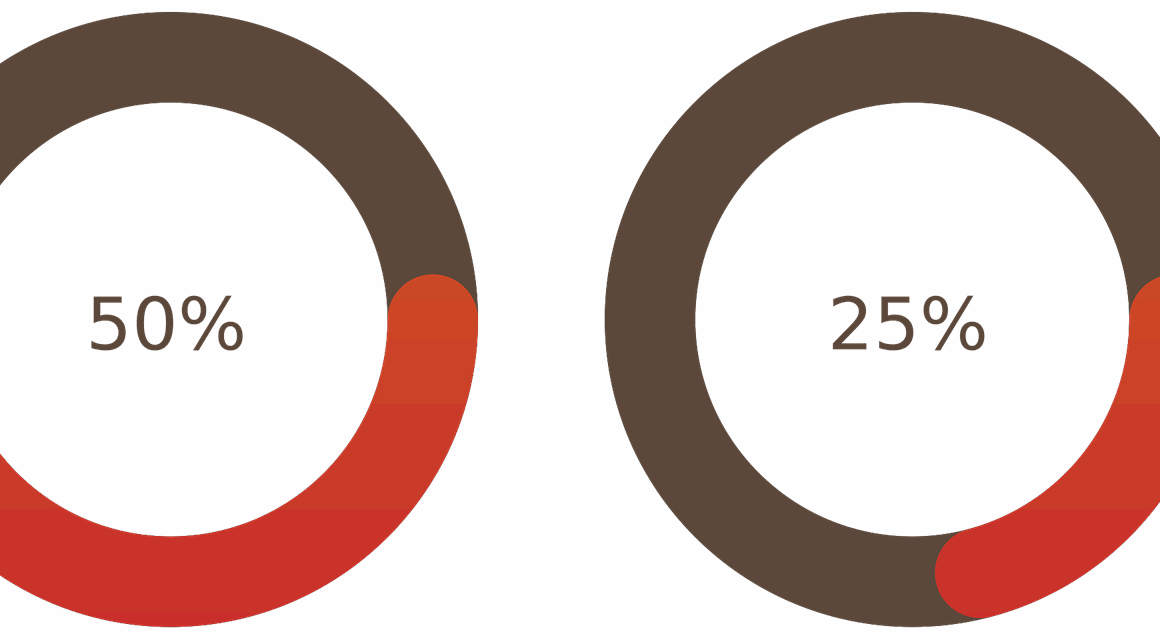Using Fitness Apps to Set and Achieve Your Goals
Fitness apps are increasingly becoming essential tools for individuals seeking to enhance their physical well-being. They provide a structured and convenient way to monitor progress, set goals, and stay motivated. One prominent feature is personalized goal setting, which tailors objectives based on individual preferences and current fitness levels. Users can define their milestones, such as weight loss targets, workout frequencies, or specific achievements like running a mile in a set time. This level of customization proves crucial for sustained engagement. Moreover, a feature that fosters accountability involves reminders and notifications. Many apps send alerts to encourage scheduled workouts, reminding users to stay on track. These gentle nudges act as motivational sparks, driving individuals to complete their planned sessions. Furthermore, community support features allow users to engage with peers, sharing triumphs and struggles. Interacting with others can create accountability and motivation, enhancing the overall fitness journey. Additionally, fitness apps often integrate with wearable devices, giving users real-time data on their health metrics, which enhances their overall exercise experience. For these reasons, integrating fitness apps can profoundly change one’s health journey.
The Role of Reminders in App Usage
Reminders serve as a pivotal feature within fitness applications, helping users maintain consistency in their workout routines. When you set a reminder, it acts as a commitment device, nudging you toward your scheduled activity. This is especially important for individuals with busy lifestyles who may struggle to carve out time for exercise. The psychological aspect of receiving a timely nudge cannot be underestimated; it creates a sense of urgency. Alerts can be customized to fit individual schedules, whether it’s a morning jog or evening strength training. Also, reminders can evolve according to user feedback and progress. Many apps allow users to adjust their frequency and timing, which ensures that reminders remain relevant and effective. Furthermore, the gamification of reminders adds a fun element to fitness. Users can earn rewards and achievements for consistent adherence to their schedules, turning a simple notification into a source of motivation. Watching your progress on a dashboard or earning badges reinforces a positive feedback loop, encouraging individuals not only to meet their goals but also to exceed them. These dynamic motivational triggers help every user stay engaged and committed over time.
When utilizing fitness apps, variety in workouts can significantly enhance user engagement. Most apps offer an extensive library of exercise routines, catering to different fitness levels and preferences. Users can explore various categories ranging from strength training to yoga or even cardio workouts. This variety keeps sessions fresh and exciting, reducing the likelihood of burnout. Importantly, the element of discovery continues to motivate users; it allows individuals to experiment with new methods, techniques, and classes they might not have otherwise considered. Additionally, many apps include instructional videos and guidance, making it easier to learn proper techniques and ensure safety during workouts. Having this real-time feedback can prevent injuries and enhance workout efficiency. Many platforms even feature live classes, allowing users to join instructor-led sessions from the comfort of their homes. Some apps facilitate community-driven challenges, encouraging friendly competition among users. Engaging in these collective goals can reinforce a sense of community and provide additional motivation. Therefore, variety, coupled with innovative interaction methods, significantly contributes to user satisfaction and goal achievement.
Social Integration and Its Benefits
Fitness apps incorporating social features offer users a unique way to enhance motivation and accountability. Being part of a community where individuals share similar goals and challenges creates a supportive environment. These platforms often allow users to connect with friends, participate in challenges, and celebrate each other’s successes. Social integration fosters a sense of belonging and camaraderie, which can make a fitness journey more enjoyable and less isolating. For instance, individuals can share workout achievements, meal prep ideas, and even progress photos, creating a passionate hub of encouragement. This interaction can ignite competition that motivates individuals to push their limits, making workouts less of a chore and more of a social event. Additionally, social feedback works wonders in reinforcing positive behavior. Receiving likes, comments, and encouragement boosts self-efficacy and inspires individuals to remain committed. Many apps also provide options for users to form groups or clubs to work collaboratively towards common goals. This collaborative spirit leads to shared victories, increasing levels of success and satisfaction. Ultimately, social integration not only combats loneliness but also enhances the overall gaming experience.
Tracking progress is a crucial element of using fitness apps effectively. Detailed feedback on achievements helps users appreciate their growth over time. Most applications provide charts, graphs, and statistics that visualize performance metrics such as weight loss, workout frequency, or distance run. This quantifiable data drives engagement by validating efforts and showcasing improvement. Users often feel empowered when they can see tangible results, motivating them to continue their fitness journeys. Additionally, setting short-term and long-term goals within these apps enables users to celebrate small victories while keeping the bigger picture in mind. Progress tracking also includes syncing with wearable devices, further enhancing the accuracy of collected data. This real-time feedback not only promotes consistency but also encourages adjustments to workout plans based on results. Users can easily identify patterns and adapt their routines to optimize performance. Furthermore, sharing progress within a community adds another layer of accountability and motivation. Individuals can inspire each other through shared experiences, leading to a more enriching and supportive environment. Thus, effective progress tracking is the backbone of a successful fitness app experience.
Emotional Support and Motivation
Fitness journeys can be emotionally challenging, and leveraging app features that provide encouragement can make a significant difference. In-app motivational quotes and tips frequently serve as reminders of why individuals started their fitness journeys. These positive affirmations help users combat negative thoughts and sustain their motivation. Additionally, many fitness apps incorporate wellness features, focusing not only on physical health but also on mental well-being. Such integrated approaches may include mindfulness exercises, stress-relief techniques, and guided meditations. By addressing emotional health, users cultivate a holistic view of their fitness journeys. Moreover, user testimonials within the app can inspire individuals, showcasing various levels of success. Reading stories from peers who have overcome obstacles can ignite a spark of motivation, reminding users that they are not alone in their struggles. Incorporating time to reflect on personal experiences and goals can also enhance emotional engagement. Fitness apps serve as tools for setting personal objectives, emphasizing the importance of self-compassion. Formulating and maintaining a positive mindset is invaluable, paving the way for continuous growth in both physical and mental health.
In conclusion, using fitness apps can significantly enhance one’s overall approach to health and wellness, especially when it comes to setting and achieving goals. The integration of reminders, progress tracking, and social engagement provides users with multiple channels for motivation. These applications foster a comprehensive fitness experience, ensuring that individuals remain committed and accountable. Customizable features allow users to personalize their fitness journeys while exploring various exercises and routines that keep them engaged. Subsequently, emotional support mechanisms in-app can help address the psychological challenges often associated with maintaining fitness. The evolution of technology continues to reshape how we approach health, making it more accessible and enjoyable. As we engage with these platforms, it is essential to remember the ultimate focus should be on fostering sustainable habits. Fitness apps empower individuals to stay consistent, monitor progress, and celebrate achievements. With a wealth of resources available at their fingertips, users can navigate their paths toward better health more effectively. As these tools become increasingly sophisticated, staying informed about updates and features can significantly impact achieving personal milestones in the fitness landscape.





